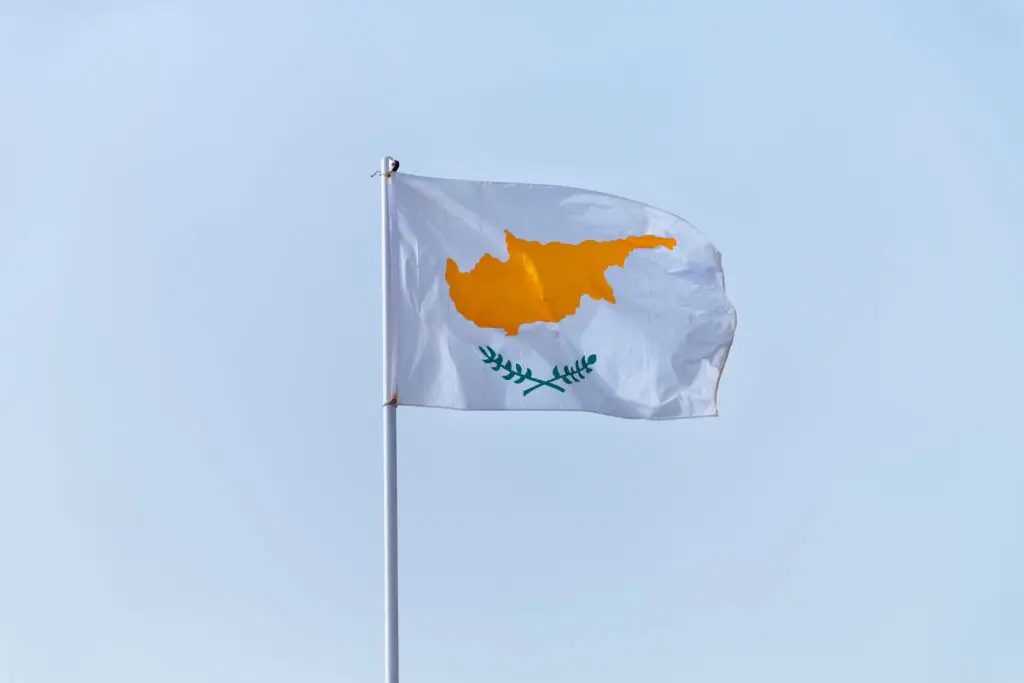The Council today adopted a package of new anti-money-laundering rules that will protect EU citizens and the EU’s financial system against money laundering and the financing of terrorism.
The new and stricter rules will strengthen our systems in the fight against money laundering and terrorist financing. A new agency based in Frankfurt will supervise the work of actors involved. This will ensure that fraudsters, organised crime and terrorists will have no space left for legitimising their proceeds through the financial system.
Vincent Van Peteghem, Belgian minister for finance
With the new package, all rules applying to the private sector will be transferred to a new directly applicable regulation, while a directive will deal with the organisation of national competent authorities fighting against money laundering and countering the financing of terrorism (AML/CFT).
The regulation exhaustively harmonises anti-money laundering rules for the first time throughout the EU, closing loopholes for fraudsters.
It extends the anti-money laundering rules to new obliged entities, such as most of the crypto-sector, traders of luxury goods and football clubs and agents. The regulation also sets tighter due diligence requirements, regulates beneficial ownership and sets a limit of € 10.000 to cash payments, among other things.
The directive will improve the organisation of national anti-money laundering systems setting out clear rules on how financial intelligence units (FIUs – the national bodies which collect information on suspicious or unusual financial activity in member states) and supervisors work together.
The package sets up a new European Authority for Anti-Money Laundering and Countering the Financing of Terrorism (AMLA) that will have direct and indirect supervisory powers over high-risk obliged entities in the financial sector.
Given the cross-border nature of financial crime, the new authority will boost the efficiency of the AML/CFT framework by creating an integrated mechanism with national supervisors to ensure obliged entities comply with AML/CFT-related obligations in the financial sector. AMLA will also have a supporting role with respect to the non-financial sector, and coordinate and support FIUs.
In addition to supervisory powers and in order to ensure compliance, in cases of serious, systematic or repeated breaches of directly applicable requirements, the Authority will impose pecuniary sanctions on the selected obliged entities.
The new anti-money laundering directive also prescribes that EU member states make information from centralised bank account registers – containing data on who has which bank account and where – available through a single access point. As the AML directive will provide access to the single access point only to FIUs, the Council today adopted a separate directive to ensure that the national law enforcement authorities will have access to these registers via the single access point. This directive also incudes the harmonisation of bank statement format. Such direct access and use of harmonised formats by the banks is an important instrument in fighting criminal offences and in efforts to trace and confiscate the proceeds of crime.
Next steps
This is the final step of the adoption procedure. The texts will now be published in the EU’s Official Journal and enter into force.
The AML regulation will apply three years after the entry into force. Member states will have two years to transpose some parts of the AML directive and three years for others.
AMLA will be based in Frankfurt and start operations in mid-2025.
Source & Copyright: ECOFIN, Council of the EU, Press Release 30th May 2024.





